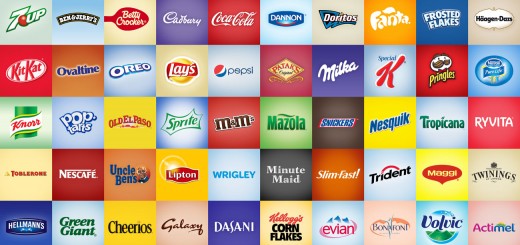What YouTube’s new ad formats mean for brands
Google is wisely moving to improve its online video offer in face of increased competition from nearly everyone, particularly Facebook’s new online video product. The new targeting capability and focus on return on investment (ROI) will continue to build client confidence in moving more TVC budget to addressable video.
Beginning from April 15, 2014 YouTube will begin streamlining its TrueView ad formats to offer richer targeting capabilities on YouTube and greater simplicity in the TrueView offering. TrueView in-search ads and TrueView in-display ads will be combined into one format, called ‘TrueView in-display’. On May 15, 2014 all campaigns will automatically be transitioned to the new functionality. All historical reporting will remain intact.
How YouTube is streamlining its ad formats
It’s safe to say that YouTube ad formats have always been somewhat confusing.
 Changes have been made over the years in order to streamline the choice that advertisers have and put more focus on targeting. The latest update sees a reduction from three ad formats to two. The two ad formats that will now be available will be In Stream Ads that are skippable pre-rolls bought on a cost per viewer (CPV) basis dependent on the user watching at least 30 seconds of the video, and In Display Ads which are thumbnail ads on the right hand side under the ‘suggested videos’ based on a CPV model.
Changes have been made over the years in order to streamline the choice that advertisers have and put more focus on targeting. The latest update sees a reduction from three ad formats to two. The two ad formats that will now be available will be In Stream Ads that are skippable pre-rolls bought on a cost per viewer (CPV) basis dependent on the user watching at least 30 seconds of the video, and In Display Ads which are thumbnail ads on the right hand side under the ‘suggested videos’ based on a CPV model.
Targeting has also been given an update with a choice of three networks set at campaign level as opposed to ad group of YouTube Videos, YouTube Search and Google Display Network. New features such as demo and interest-based targeting on the YouTube Search Network are also now available. The features we are used to using for TrueView in-search won’t change.
Advertisers will be able to use keywords to target the YouTube search page and the format will look the same. This means targeting options now include keywords, demographics, interest, topic and re-marketing with the added allowance of combining targeting for campaigns in order to improve audience targets.
More targeting, more relevance, lesser volume
This streamlined approach and increase in targeting options can only be a benefit for any advertiser. These options should help to increase the relevancy of the audience and limit wastage making YouTube campaigns more cost efficient. The down side, as with any refinement in targeting, is a potential decrease in volume. This shifts campaign’s focus towards quality of views as opposed to quantity, an objective more brands should have in mind when running any campaign.
As different types of audiences will be of more or less value to an advertiser’s business based on an array of elements, it stands to reason that a brand should not be paying the same for each of these audience groups to view content. By having these targeting options across both In Display and In Stream, advertisers can begin to dial up or down based on the targeting performance and the purpose of the campaign.


